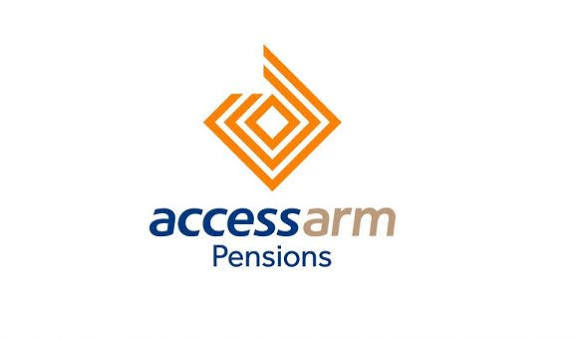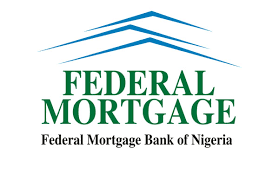Customers have lamented as the parent firm of DStv, MultiChoice Nigeria, recently started implementing yet another regime of price increases across all of its different packages.
According to The Punch, in April, the business announced an increase in the cost of its bouquets, claiming the need to reflect current economic conditions.
This statement was made a short time after the Chinese-owned television network StarTimes informed its consumers of a price review.
The majority of pay-TV subscribers found the operators’ justifications to be platitudes or comforting familiarity. The most recent increase was MultiChoice’s third price increase for its numerous products in the previous three years.
The DStv Premium package increased by 16.7% (N3,500) with the most recent price rise. The latest hike was the third time in three years MultiChoice that had raised the prices of its various offerings.
Following the announcement, many DSTV subscribers flocked to social media to express their disapproval of what they saw as the pay-TV company’s indiscriminate price increase.
The corporation was frequently criticized for quickly changing rates to reflect economic realities while doing nothing to change the packages to ensure that the information served to the viewers would not get stale.
Recall that when the COVID-19 epidemic was at its worst in September 2020, MultiChoice Nigeria increased the monthly cost of its Premium package from N16,200 to N18,400.
Less than two years later, in March of 2022, DStv raised its fees once more, stating how the economy was affecting its business operations.
There is a perception among many that this tendency, if not checked, may allow a business already dominating the market to make Nigerians pay more than required to watch television. This perception was driven by another spike that occurred only a year later.
Last year, the Federal Competition and Consumer Protection Commission which is in charge of ensuring consumer protection, anti-competition, and fair pricing in the country, ordered Multichoice Nigeria to raise the number of times consumers could cancel their subscriptions to at least four times each year.
Previously, MultiChoice permitted the suspension of accounts for a set time between seven and fourteen days twice a year.
The FCCPC asked the satellite television provider to permit consumers to continue the same subscription cost for a minimum of one year in a statement signed by Tam Tamunokonbia, Director of Legal Services.
The Director-General of the FCCPC, Babatunde Irukera, criticized the actions of some organizations, associations, or groups who unilaterally set prices and impose them on customers last week while meeting with journalists at a conference hosted by the commission.
Irukera declared, “Consumer protection and competition regulation are not just meant to control the major corporations. Not just the official sector is regulated. Additionally, it regulates the unofficial sector. Finding a plan to control the informal sector is even more important in a country like Nigeria since, at the end of the day, the vast bulk of our economy is informal.
“Therefore, all organizations are required to follow the law. The market opening is the goal of competition regulation.”
According to the FCCPC boss, “Let the market operate as it ought to, and let the seller and buyer negotiate the price. Both buyers and sellers should engage in competitive behaviour.
The impending danger here is that watching television, which was formerly considered a fundamental right for all classes of Nigerians, from the bourgeois to the proletarian, is rapidly becoming the sole domain of the ultra-wealthy.”










